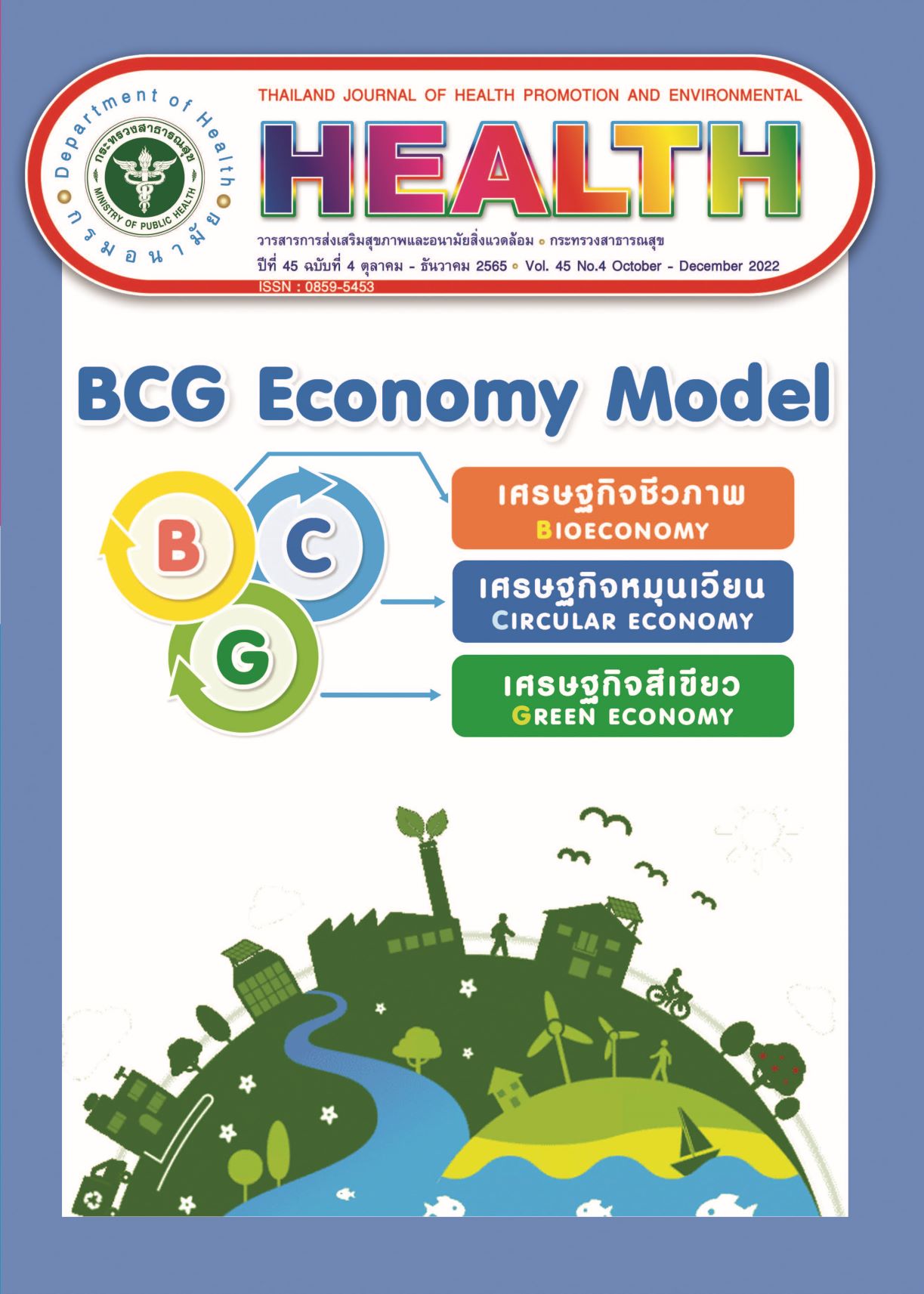Relating Factor of Neonatal HIV Infection : A Case of Thailand
Keywords:
Factors of HIV infection in newborns, Prevention of Mother to Child HIV TransmissionAbstract
The study is conducted with descriptive study design by studying the previous research (expose factor research) to find factors related to HIV infection in newborns in the context of Thailand, in order to create policy suggestions for the development of the termination of HIV in newborns. The data on HIV infection in newborns was collected by historical data collection method, from the new HIV infection reports and/or reports on mortality from HIV infection in children under the age of 18 among 103 samples The period of study was August 2020 to December 2020. The results showed that (1) Factors of pregnant women related to infection HIV in newborns, including receiving antenatal care later than 28 weeks of gestation (52.32%). The infection was mostly found in the first pregnancy (56.56%), together with infection in husband or partner. In terms of treatment, it was found that half of the sample received treatment that met the standard. (2) Factors of newborns related to infection HIV, it was found that there were premature births at less than 37 weeks of gestation (30.10%). Other factors including the failure to receive PCR at birth (9.71%), exclusive breastfeeding while at the hospital (6.59%), and parents/guardians practiced mouth-to-mouth feeding with the newborns at home. (3) The causal factors of HIV infection in newborns including late antenatal care, or the lack of antenatal care, inefficient service, irregular usage of antiretroviral drugs, infection after birth, and failure to receive care according to the appointment. In conclusion, this study identified factors related to HIV infection in newborns in the context of Thailand to improve the development of the service system and the standard on protection of HIV transmission from mother to child, in order to sustainably achieve the elimination of new HIV infections.
Downloads
Published
Issue
Section
License
Copyright (c) 2022 Thailand journal of Health Promotion and Environmental Health

This work is licensed under a Creative Commons Attribution-NonCommercial-NoDerivatives 4.0 International License.

